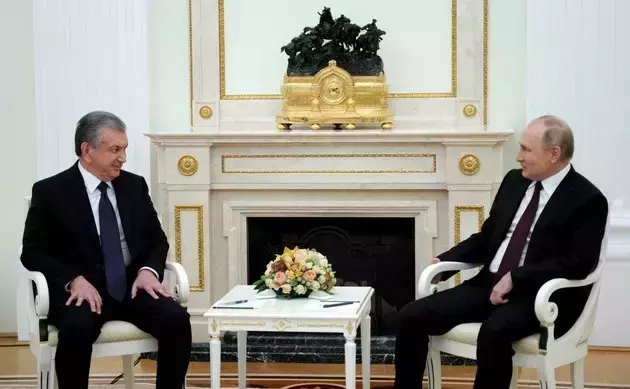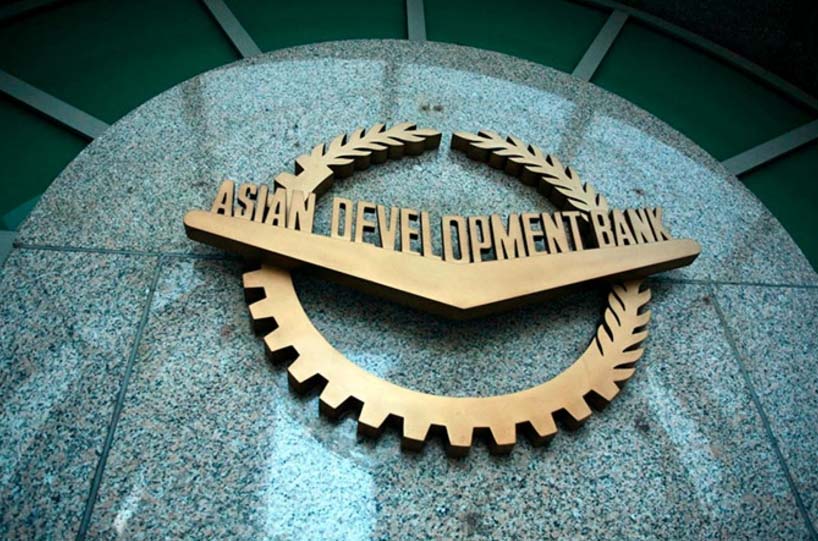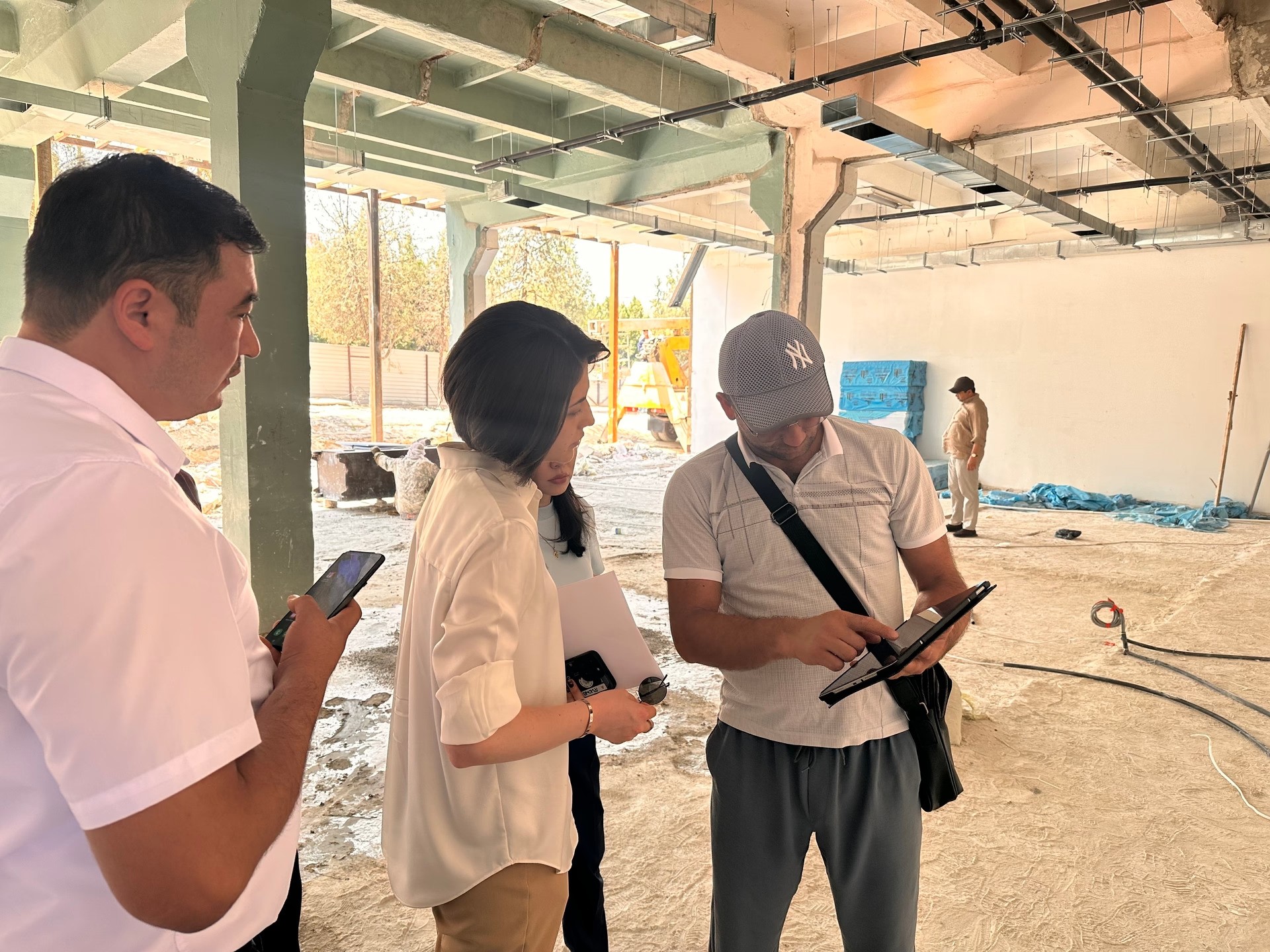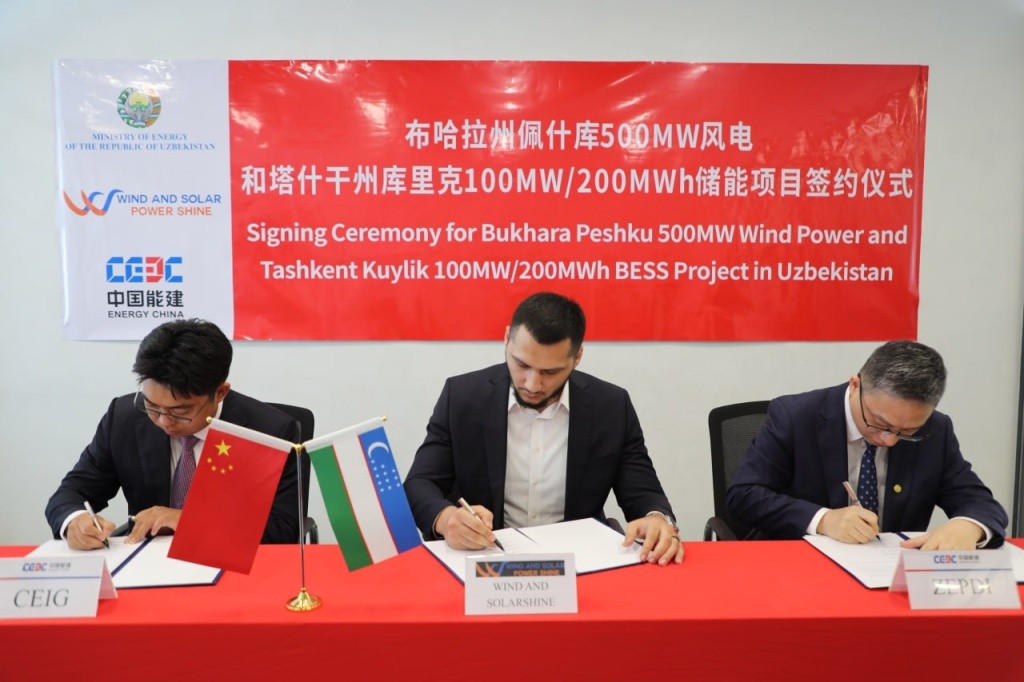President of Uzbekistan Shavkat Mirziyoyev signed a decree that opens the country's access to participate in international trade in carbon units (UE). The document establishes the regulatory framework for the formation of a national UE circulation mechanism and allows Uzbekistan to become part of the global system of climate commitments and compensation mechanisms provided for in the Paris Agreement.
A carbon unit is equivalent to one ton of reduced or compensated carbon dioxide emissions. UE trading allows countries and companies to record and sell the results of implemented environmental projects, including through switching to renewable energy sources, improving energy efficiency, and preserving forests.
According to the signed decree, 80% of carbon units received in the framework of national and international projects will be sent for sale through foreign sites. The remaining 20% is planned to be kept in reserve. Such a mechanism will ensure a balance between export and domestic regulation, while simultaneously strengthening the country's foreign trade position and fulfilling its climate commitments within the country.
Starting in 2026, the National Register of Carbon Units will start functioning in Uzbekistan, which will keep records and verify all carbon assets received as part of climate projects. The Ministry of Economy and Finance and the Ministry of Ecology are responsible for implementing this project.
Control and strategic management of UE trade will be carried out by the Interdepartmental Council for the Transition to a "green" Economy, which is authorized to develop rules and determine the volume of sales of carbon units, including assets formed within the framework of projects with state participation.
Uzbekistan's accession to the global UE market opens up new channels for attracting green investment and contributes to the country's integration into the global climate agenda. A legally formed infrastructure will allow Uzbekistan to convert the achieved environmental results into economic value and strengthen the role of the state as a responsible participant in international environmental initiatives.











